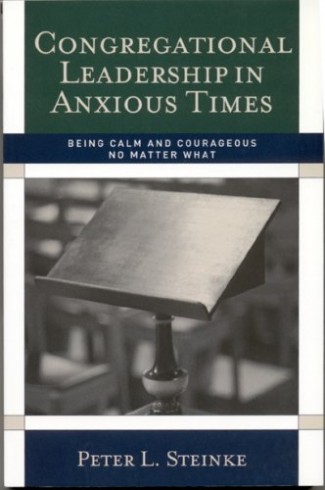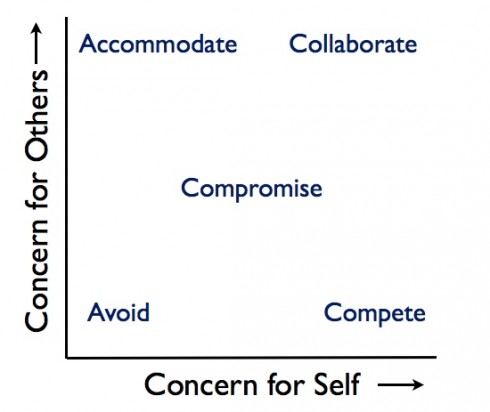Written By Joey Cope

You’ve been there. Things are going well for you and those around you. Then suddenly, problems arise. And true leaders step forward.
She’s not always the one with the clearest voice. He’s not the person you’d picture on the bubble gum trading card. But, in the moment, they are clearly leaders.
The world abounds with books, articles, videos, and academic courses on leadership. Based on the sales and the enrollment, the drive to be a leader is a strong one. Despite all of the advice and training, in the moment, many of those with aspiration to lead horribly fail.
Experience indicates that leadership failure occurs as individuals attempt to take control and enforce their will on those around them. It is true, that forceful people do take control in some situations and that others do acquiesce to their quasi-leadership.
Yet, narrative after narrative told after a time of high stress and even danger tells a different story. True leaders are chosen by their followers. A hierarchical structure can be enforced and authoritarian orders may be followed. However, leaders transform their followers. And transformation is always the choice of the individual in the ranks.
Peter Steinke, in his book written for church leaders, Congregational Leaders in Anxious Times, speaks to the key capabilities of true leaders. Steinke says that leaders must learn to balance two life forces — individuality and togetherness. For those who have taken conflict resolution training, you will recognize in this concept the underlying principles of the Dual Concern Model.
In the Dual Concern Model, we learn that conflict is most effectively managed by balancing our concern for self with our concern for others. While the conflict modes of avoidance, competition, accommodation, and compromise are useful depending on the circumstances, much better things are accomplished if people can move forward with collaboration.

Steinke asserts that true leadership is recognized in those who have learned this incredible balancing act. And when that recognition takes place, others choose to trust and follow those who have achieved that balance.
The study of group interaction has been greatly enhanced with the lens provided by Murray Bowen in his family system model. Bowen Theory looks at what happens when people come together and interact. It recognizes that every person within a system (or gathering of people) is influenced by the others in that system. In turn, that person influences the rest. While the group is comprised of individuals who all have, to some degree or another, the opportunity to make independent decisions, Bowen Theory begins to explain how peoples’ behaviors create something larger than (and often different from) themselves.
In viewing roles within the system, an individual can be assessed by looking at two variables: (1) his degree of anxiety, and (2) his capacity to differentiate. Steinke, in applying Bowen Theory, emphasizes that the difference between a follower and a chosen leader is the leader’s capacity to differentiate.
Steinke then lists seven behaviors that leaders exhibit and that instill confidence and trust in those who would follow:
- Leaders must think clearly.
- Leaders must act on principle.
- Leaders must define themselves by taking a clear position in issues facing the group.
- Leaders must understand their personal, instinctive reactions to others and to situations.
- Leaders must learn to regulate their reactions.
- Leaders must stay in contact with others and not isolate themselves.
- Leaders must choose a responsible course of action.
For those who have read books and taken leadership courses, this looks like a pretty straightforward and easily-accomplished list. However, the leader must achieve each of these tasks while experiencing the same anxiety that others are feeling.
In the next few articles, we’ll take a closer look at each of these practices and think through how you can make them a part of your daily life. Remember, true leaders are chosen.
Leave a Reply